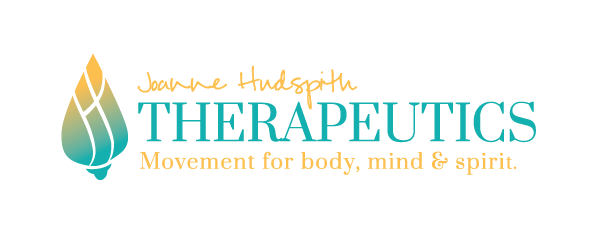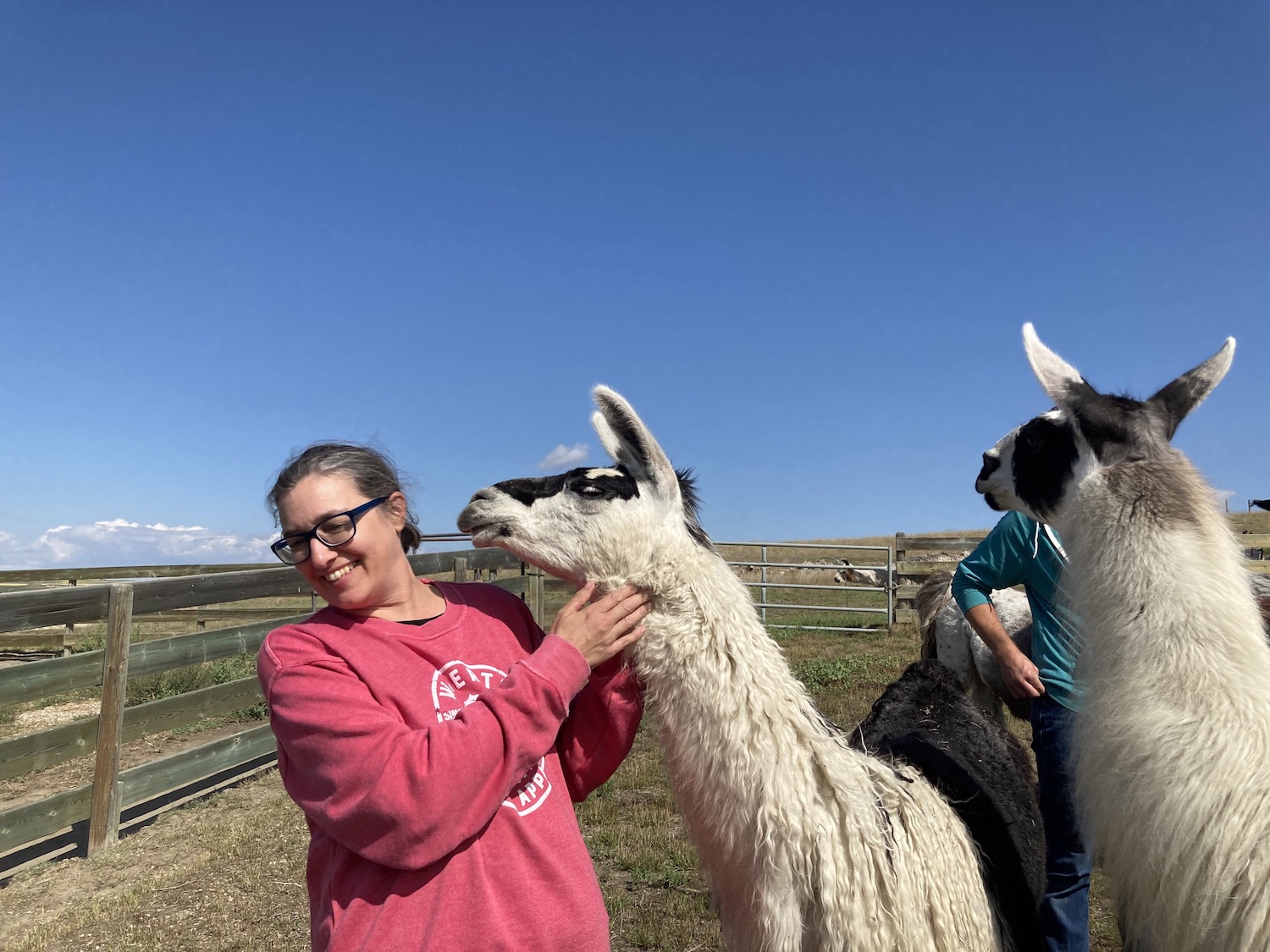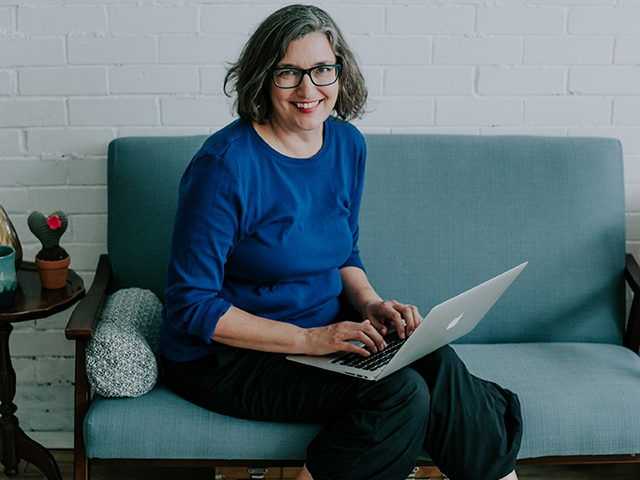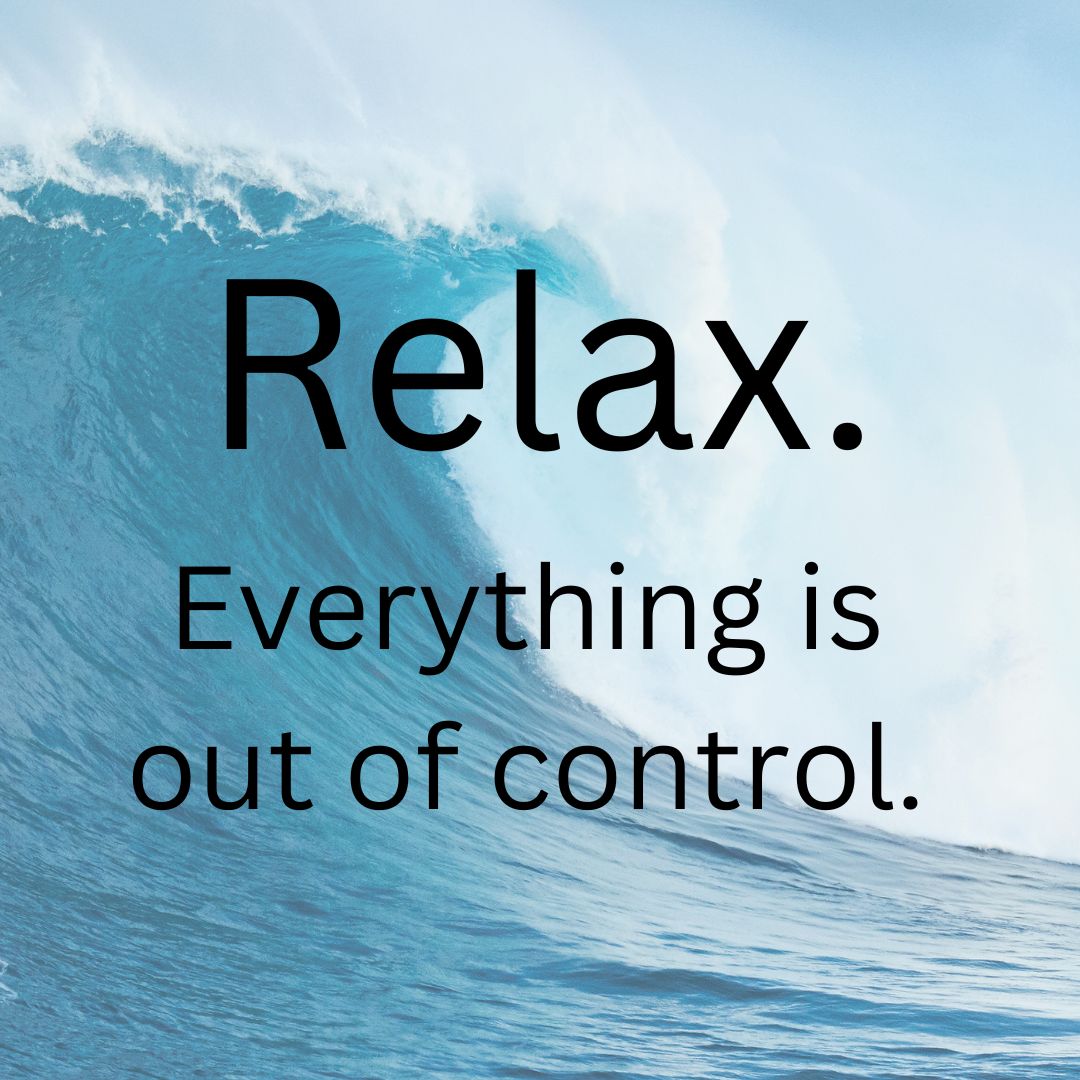I was fortunate enough to be able to take time off at the end of the summer and go on a holiday with my husband to visit family in Western Canada. It was so good to take a break from work, spend time with aunts, uncles, and cousins, and dwell for a short time in a different landscape, under a different sky.

And it was exhausting. I thought I had given myself a good cushion of time and space to settle back into my fall rhythm, but it wasn’t enough. I did laundry, bought groceries, and did the bare minimum for the next week and a half. I will admit there were lots of naps, couch time and binge watching in between my work commitments and tending to my basic needs.
As an introvert, I rarely spend as much time per week with other people as I did during those two weeks. I can see now in hindsight (it’s 20/20, right?!?) the effects on my nervous system of spending so much time with people (even people I love dearly!), not sleeping in my own bed, much more time driving than usual, pausing the structure of a schedule and suspending my usual movement and contemplative practices. There was absolutely nothing wrong with me for feeling so exhausted. My nervous system was doing exactly what it is supposed to do in response to stresses I had subjected myself to.
As I contemplated getting back to work, getting back to the commitments I’ve made to myself and to others, I experienced a crisis of confidence. (I’m familiar with those, so it didn’t take long to identify it!) How could I possibly help others when I’m such a mess? Wait, I’ve been here before. I’m familiar with the experience of feeling that something is wrong. I’m familiar with feeling stuck and not knowing the way forward. I’ve been here before. I’m familiar with the process of getting unstuck; I know I have what I need to find solid ground beneath me and take one step at a time forward.
One of the best pieces of advice I ever received about teaching was to listen to what I’m telling my students, because that is what I most need to learn. When I find myself stuck, part of the process of finding my way forward always involves getting humble and following my own advice. In both my teaching and writing, I extend the invitation to change gears, to shift from thinking and doing to feeling and being. I speak about the need for us to look inward to find our strength and resilience instead of looking for an external fix. Have I been practicing what I’m preaching? Shoot.
I hate to admit it, but I have lost some of my ability to look inward. I’ve lost it because I haven’t been practicing it. As they say, use it or lose it – that adage holds true in all areas of life. I spend so much time inviting my students to feel, to listen to their bodies, but I’ve become disconnected, and less able to learn from my own felt experience of being. Now that I’ve made this connection, the way forward is simple. Simple rarely means easy, but it contains clarity and a direction in which to orient my choices. I need to, I want to, get back to my body again, welcome sensation once more and learn from it. I don’t need to fix myself; I’m already whole and complete. But I do need to keep checking my inner barometer, and I can’t think my way into that skill; it must come from practicing. One day at a time, one choice at a time.
How are you doing? Can you remember that there will always be stressors, that you aren’t broken, or a failure when you are stressed? What do you need more of? What do you need less of? Can you move forward one choice at a time, remembering that you are whole and complete?
I started a practice this summer of reading in the mornings, before checking email or looking at my phone. I have really enjoyed starting my day this way, and find it puts me in a better frame of mind to meet the rest of the day. I’d like to continue to share with you each month a book I’ve recently read that has been meaningful to me.
“Being Mortal: Medicine and What Matters in the End” by Atul Gawande was given to me a few years ago. I put off reading it for the same reasons I needed to read it: because I am mortal and the people I love are mortal, and we don’t like to talk about or acknowledge it. Gawande writes about the ways that medicine fails to do what it should in the realities of aging and death, and invites the reader to have the difficult conversations and ask the questions about what matters to us in the end. This wasn’t an easy read, but I believe it is an essential read – not just for those of us who are aging or caring for aging parents, but for those who are working in health care or creating policy around health and aging. Basically, everyone.
What have you been reading that is staying with you throughout your day and inviting you to think in new directions? What book has lingered with you long after you finished the last chapter? What should I add to my list?




